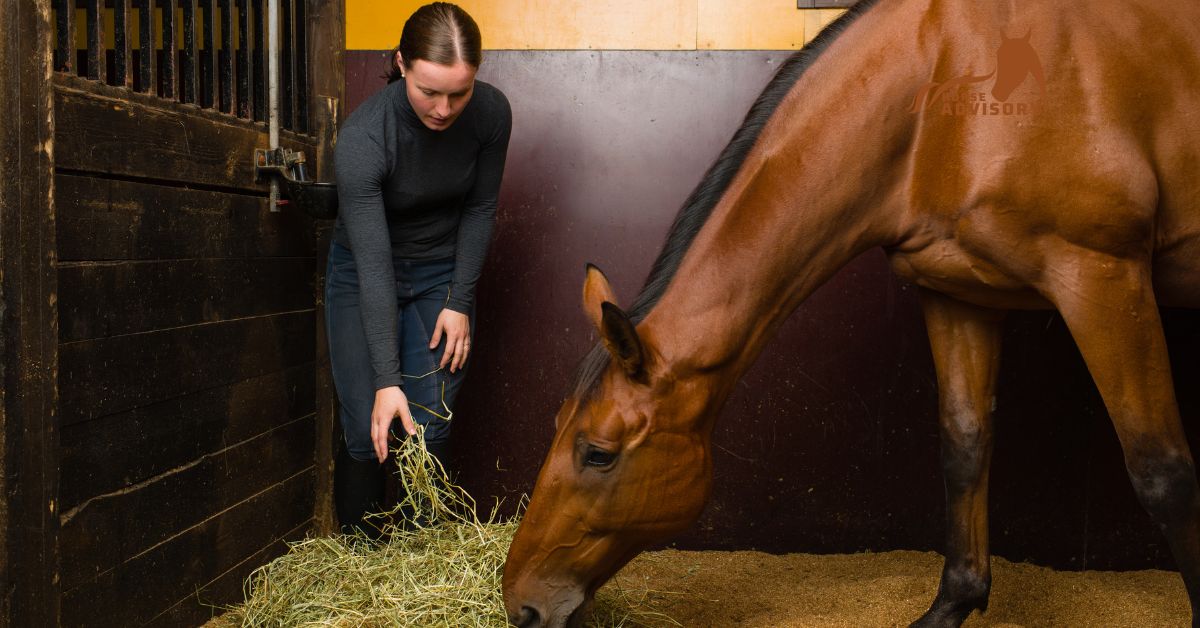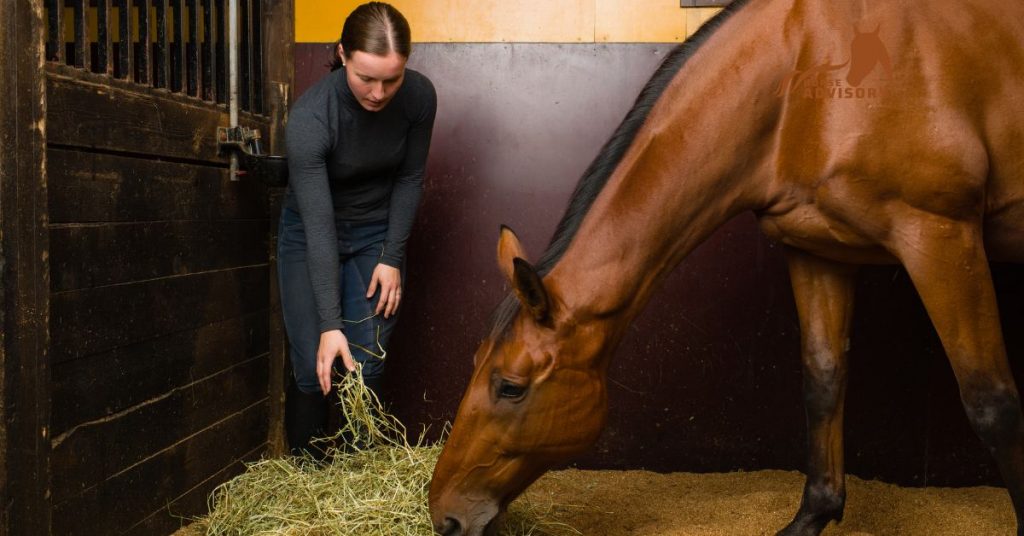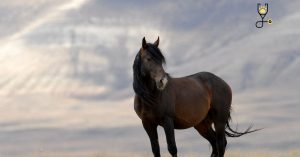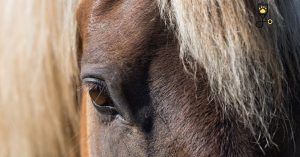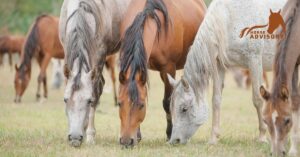If you’re a horse owner or are thinking of becoming one, you may be wondering just how much horses cost. The truth is, there’s no easy answer-the price of a horse can vary greatly depending on a number of factors. However, in this blog post, we’ll provide an overview of the main expenses you can expect to incur when owning a horse. So whether you’re just starting out or are simply curious about the cost of horses, read on for more information.
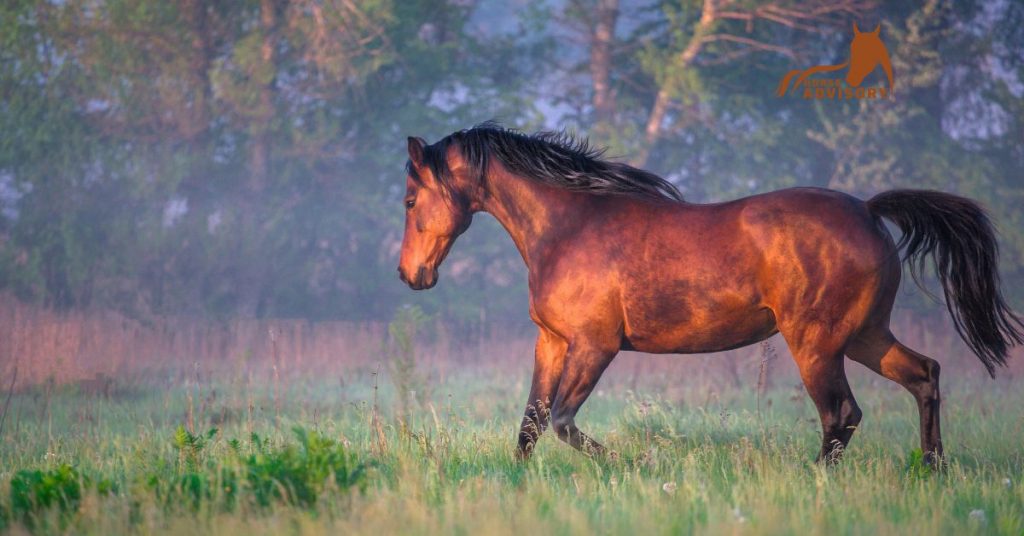
Why Own a Horse?
Though the cost of horse ownership can be daunting, it’s important to remember the rewards that come with it. Horses provide unparalleled companionship and can teach us valuable lessons about responsibility and empathy. For many people, they are an invaluable source of joy and fulfillment. Ultimately, if you’re considering buying or leasing a horse, make sure to do your research and set a realistic budget beforehand so you don’t end up in over your head financially. With careful planning and preparation, owning a horse can be an incredibly rewarding experience!
1. Initial Costs
The most important initial expense when buying a horse is the purchase price. This can range from a few hundred dollars for an older, retired showhorse to tens of thousands of dollars for a young, high-performance one. Breed and age are two factors that influence this price range. Additionally, you’ll need to account for any transportation expenses associated with picking up your horse and any paperwork fees for registering them.
2. Feeding Costs
The ongoing feeding costs for horses can be quite high, depending on the type and quality of feed you provide. Generally, you should budget between $100 and $200 per month for hay and grain, but if you have multiple horses or need to buy high-quality feed, it can cost even more. Additionally, there are other supplements and nutrition products you may choose to include in your horse’s diet.
3. Training and Showing Expenses
If you plan on showing or competing with your horse, you’ll need to factor in additional training expenses. These can range from weekly lessons to full-time training programs, along with other costs such as show entry fees and travel expenses. Additionally, you’ll need to purchase tack and other equipment specifically for show use.
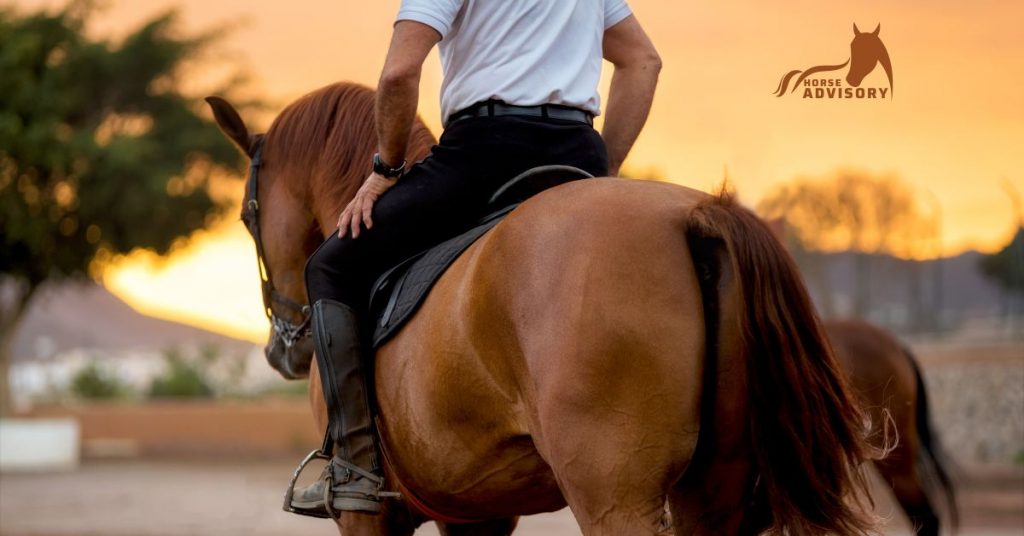
4. Healthcare Costs
Your horse’s health should always be a priority, so it’s important to factor in the cost of healthcare when budgeting for your horse. Routine veterinary care such as vaccinations, deworming and hoof trimming should be budgeted for at least once a year. More advanced treatments like colic surgery or lameness exams can cost hundreds or even thousands of dollars depending on the type of care needed.

5. Miscellaneous Expenses
The final category to consider is miscellaneous expenses such as stable board, show clothes, grooming products, and other supplies. These costs can quickly add up, so it’s important to plan for them in your budget. When considering the total cost of horse ownership, it’s important to remember that these are just estimates. Every horse is different, and some may require more or less care and expense than others.
- Additionally, your own lifestyle and budget will ultimately determine just how much you’ll be spending on your horse.
- Ultimately, the cost of owning a horse is worth it when you consider the years of companionship, memories, and joy that come with it. If you’re interested in learning more about what goes into owning a horse and how to manage associated costs, contact us today for more information!
Tips for Staying Within Budget
• Start small and work your way up as you get more experience.
• Set a realistic budget for yourself and stick to it.
• Buy the best quality feed and hay that you can afford.
• Consider leasing a horse for a few years before committing to an owner purchase.
• Take advantage of discounts when possible on things like clinics, show entries, and other expenses.
• Join local clubs or associations in order to build relationships with other horse owners and gain access to additional resources.
Conclusion
Owning a horse is a commitment, but with careful planning and budgeting, it can be an incredibly rewarding experience. Take the time to research all of the associated costs—including initial purchase price, ongoing feeding expenses, healthcare, training and showing costs, and miscellaneous items—so that you don’t end up in over your head financially. With the right attitude and dedication, horse ownership can be one of the most rewarding experiences of your life! END.
Frequently Ask Questions
•What is the average cost of owning a horse?
The average cost of owning a horse will vary depending on factors such as the type and quality of feed, healthcare needs, and other expenses. Generally, you should budget between $100 and $200 per month for hay and grain, plus additional costs for vet bills, training and showing fees, tack, grooming items, stable board, etc.
• How can I stay within my budget when owning a horse?
Start small and work your way up as you gain more experience with horses. Set a realistic budget for yourself and stick to it. Take advantage of discounts when possible on things like clinics, show entries, and other expenses. Finally, join local clubs or associations in order to build relationships with other horse owners and gain access to additional resources.
• What is included in the cost of owning a horse?
The costs associated with owning a horse can vary depending on factors such as the type and quality of feed, healthcare needs, and other expenses. Generally speaking, you should budget for hay and grain, vet bills, training and showing fees, tack, grooming items, stable board, travel expenses, show entry fees, and other miscellaneous items when considering the total cost of ownership.
• What is the best way to save money when owning a horse?
The best way to save money when owning a horse is by planning ahead and budgeting for all costs associated with ownership. Take advantage of discounts whenever possible, such as bulk buying hay or grain, joining local clubs or associations for access to additional resources, and utilizing online tutorials instead of paying for professional lessons. Additionally, consider leasing a horse before committing to an owner purchase in order to gain more experience before taking on the full financial responsibility.
